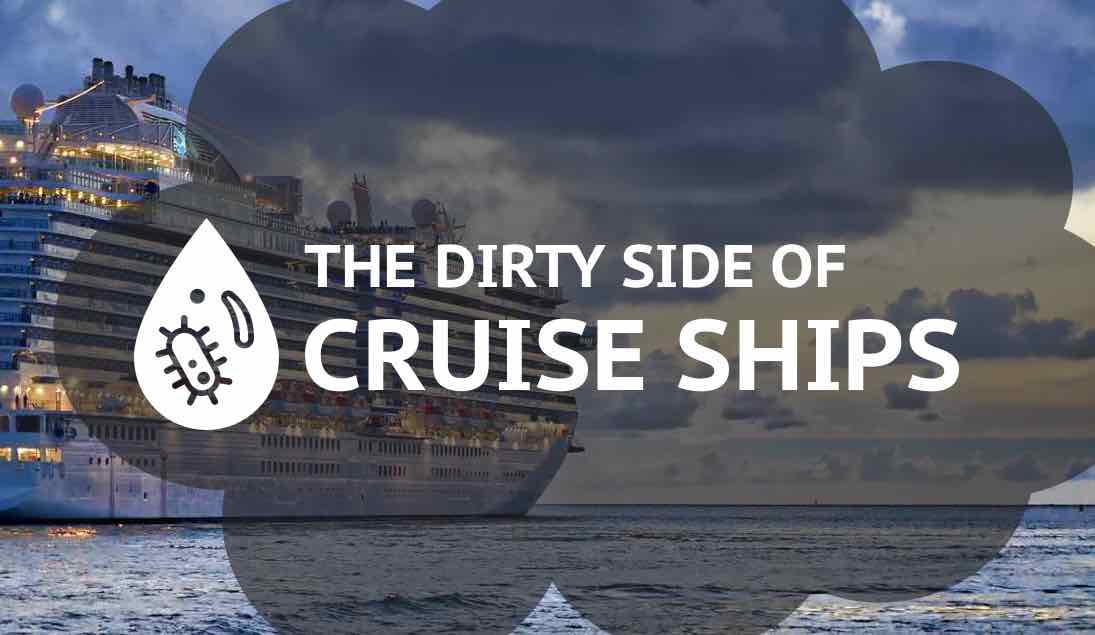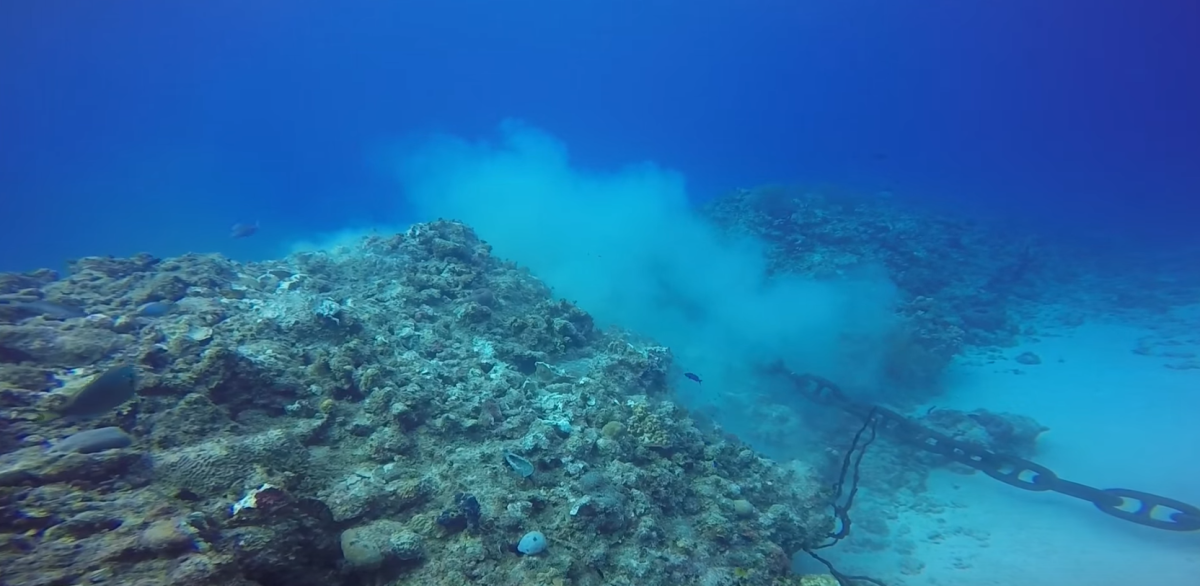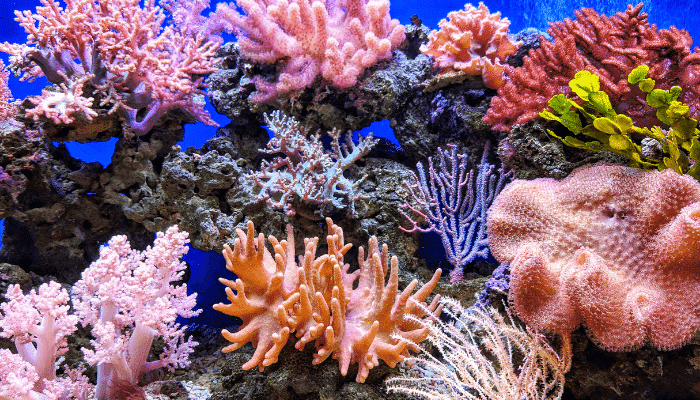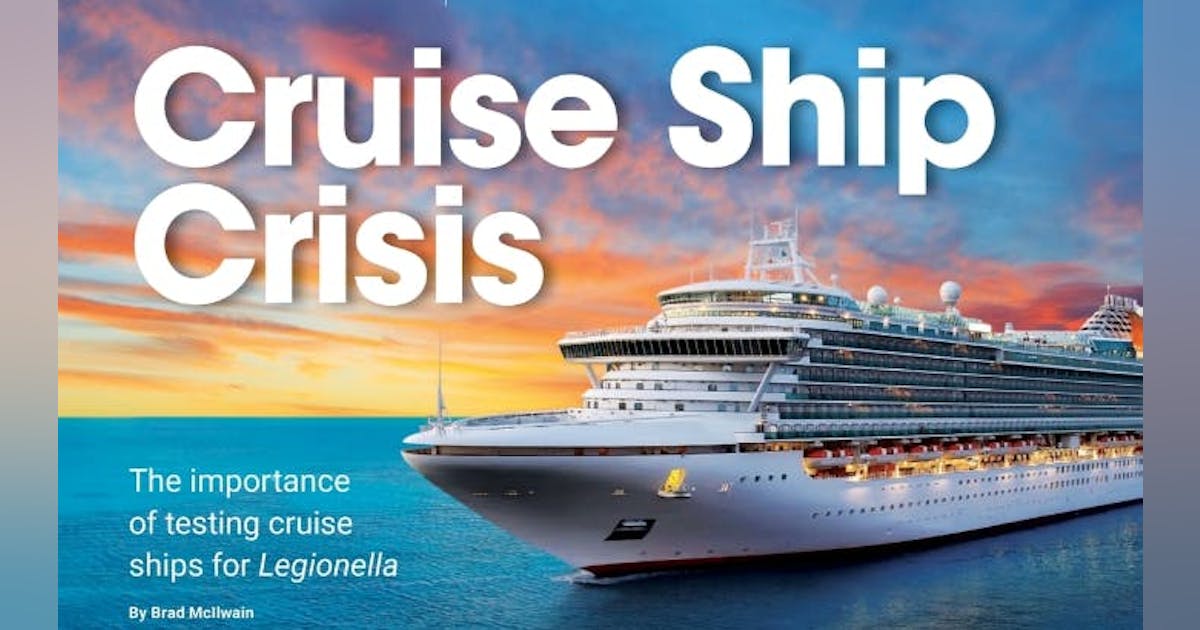So far, there is no “post-pandemic comeback” for the dive industry.
Possible contributor - the extended cruise industry shut down, well over a year. The cruise industry offers a fun, easy, budget-friendly, low risk family vacation introduction to leaving the U.S. and visiting warm, sunny tropical destinations some of which have good diving. I imagine some people who previously had little familiarity with passports get them to go cruising, and leave the U.S. for the first time on a cruise.
That fun money is now going into the gas tank and the grocery store.
Oh, yeah. Used to, our electric bill tended to run around 2 to 3 hundred and something per month. This summer, I had two over $500. Propane tends to run 3 to 5 hundred; out last propane bill (for heating the house) was over $800. I about passed a brick when I saw it. Trips to Walmart Super Center for groceries and miscellaneous goods used to be $200+, occasionally $300+. These days, add about $100 to that. Our home owner's insurance for the coming year jumped from about $1,400 to well over $1,700. I recently got notice a trip booked for me now has a $150 fuel surcharge, time to pay up!
It's not just the price of gas (which is bad enough). It's death by a thousand cuts, per the old adage, and it adds up.
We tried scuba in Dec 2019 in the Caribbean and were quite excited to get certified and then the world shut down. Living in a landlocked city our plan was always to do our certification dives on vacation.
This sort of thing is why I think the cruise industry is important to the dive industry.
I did a thread here in 2020. There were some people who would absolutely refuse to dive locally if they couldn’t get overseas.
Most rivers, lakes and ponds have very poor viz. I can lean over the side of a bass boat on a river, thrust my hand into the water and often can't see it.
I think most people considering diving picture the coral reefs like an underwater flower garden with beautiful tropical fish, neat crabs and anemones, a few 'scary' things like moray eels, barracuda and the occasional small shark.
Most freshwater habitats are poorly divable (unless you're in Florida near a spring). Species diversity tends to be less (though Florida can get interesting...alligators will do that). Quarry diving has its moments, but if that was the end all, be all of diving, I don't think the sport would prosper. Some history buffs love wreck diving, which is fine, but many people view a wreck's value in its role as an artificial reef...otherwise, wreck diving looks suspiciously like walking around a junkyard.
We hear about the student loan crisis (note: the averages I've heard sound like somebody bought a new car-level, not a house), the extended post-high school education to get ready for the job market, the lack of private sector pensions and the woeful deficiency in family savings for retirement in the U.S., many people priced out of the housing market, inflation, sending kids to private schools to reduce them from public schools (or paying more for a home in a good school district), etc...
So, proposing to pony up $3,500-$4,000 for a solo week-long dive trip to a Caribbean destination becomes a hard sell.
Some people come back with various forms of racing, skiing, hunting, boat fishing, etc... Yes, also expensive. Some are more social. A deer hunter can likely join a deer club and hunt in his region. A diver is going alone (so he'll be on his trip with strangers), taking a family member (he has to pay for) or some such. If you travel with a local club, that may satisfy the social aspect some seek.
Perhaps we should flip the question around. Instead of lamenting why aren't people flocking to our hobby, perhaps we should ask 'Why should they?'
Let's take a 30 year old college graduate middle class guy named Bob, engaged, no kid yet but likely in the next 5 years, living in an inland state, has a mortgage, and considering picking up an exciting hobby to get involved in. Why should Bob pick scuba diving over his other options?
If we divers don't have a compelling answer to that question, why would we think Bob will come up with one?







